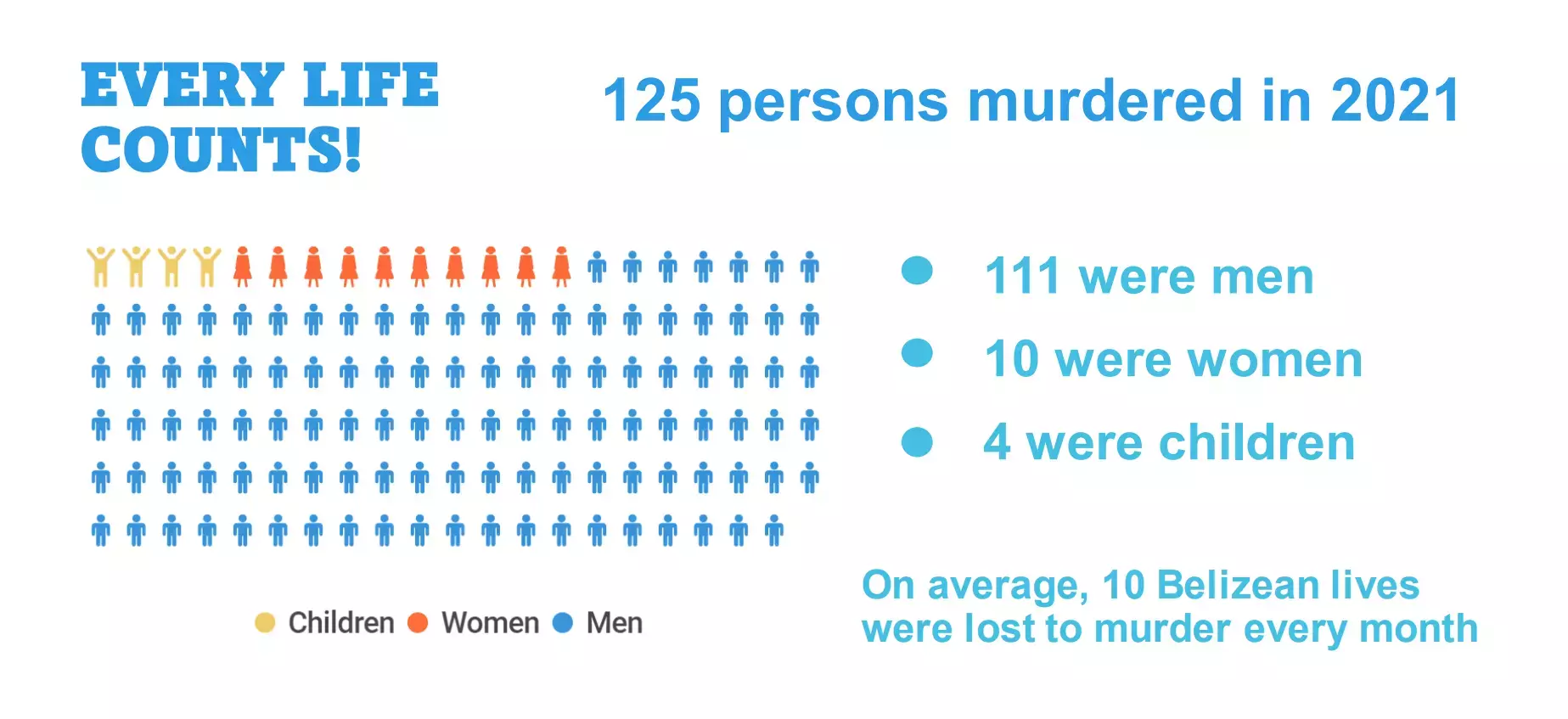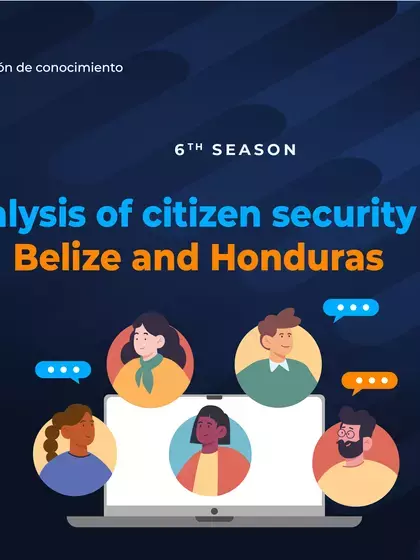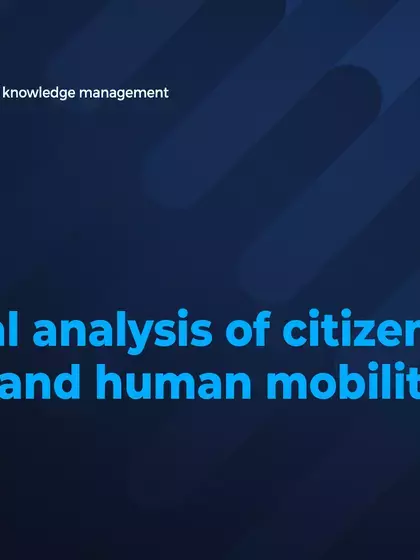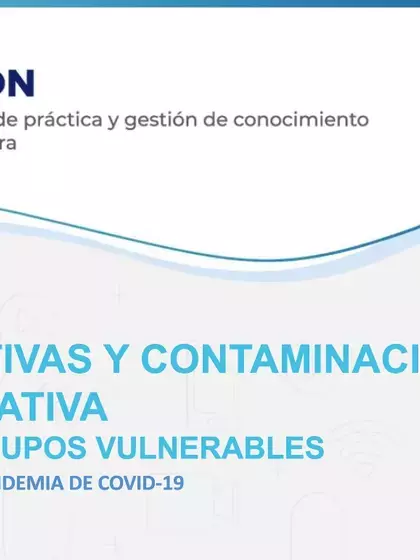DATACTION: Belize citizen security analysis with key indicators

Last Thursday, June 23rd, on season five episode four of DatAction, Belize presented its "Citizen Security Analysis: Key Indicators and other Highlights," analysing the current situation of the country, its most pressing challenges and actions under way to improve the situation of insecurity in this Caribbean country. This episode featured interventions by Ian King, Deputy Resident Representative of UNDP Belize, Adele Ramos, Technical Coordinator of the Belize Crime Observatory, and Marcela Smutt, Regional Coordinator of UNDP InfoSegura.
"The UNDP InfoSegura programme, supported by USAID, has driven the creation, strengthening and institutionalization of the Belize Crime Observatory, and has joined in the implementation of gender-responsive tools, evidence-based policy and decision-making processes, as well as supported the creation of national security strategies," Ian King stated.
In addition, statistics presented by Adele Ramos showed that: 111 of the 125 persons murdered in Belize in 2021 were men, 10 were women and four were children. On average, 10 Belizean lives were lost to murder every month in 2021. In addition, as Technical Coordinator of the Belize Crime Observatory, Ramos added that "we saw that 64% of the women who were murdered were victims of gender-related murders or femicides; seven of these deaths were in the context of double murders and three of the women were murdered along with their son or daughter."
Information management is key to addressing the challenges faced in the region. Data helps make specific populations and territories visible, in order to prioritize and focus resources and solutions. UNDP, through the InfoSegura Regional Project, contributes to strengthening regional and national capacities for the collection, monitoring and processing of information on citizen security, as well as guaranteeing the technical sustainability of the processes initiated with the project-partner governments.
It is also essential to strengthen evidence-based public policies on citizen security and multidimensional analysis to support effective governance to gain ground in the construction of peaceful, just and inclusive societies and to face current challenges in the region. "I believe that the way to really strengthen public policies is to base them on evidence, and to be able to use the resources available to achieve effective responses to the problem of violence without which we cannot move forward towards more just, peaceful and inclusive societies as proposed in the Sustainable Development Agenda," concluded Marcela Smutt, Regional Coordinator of the InfoSegura Project.





